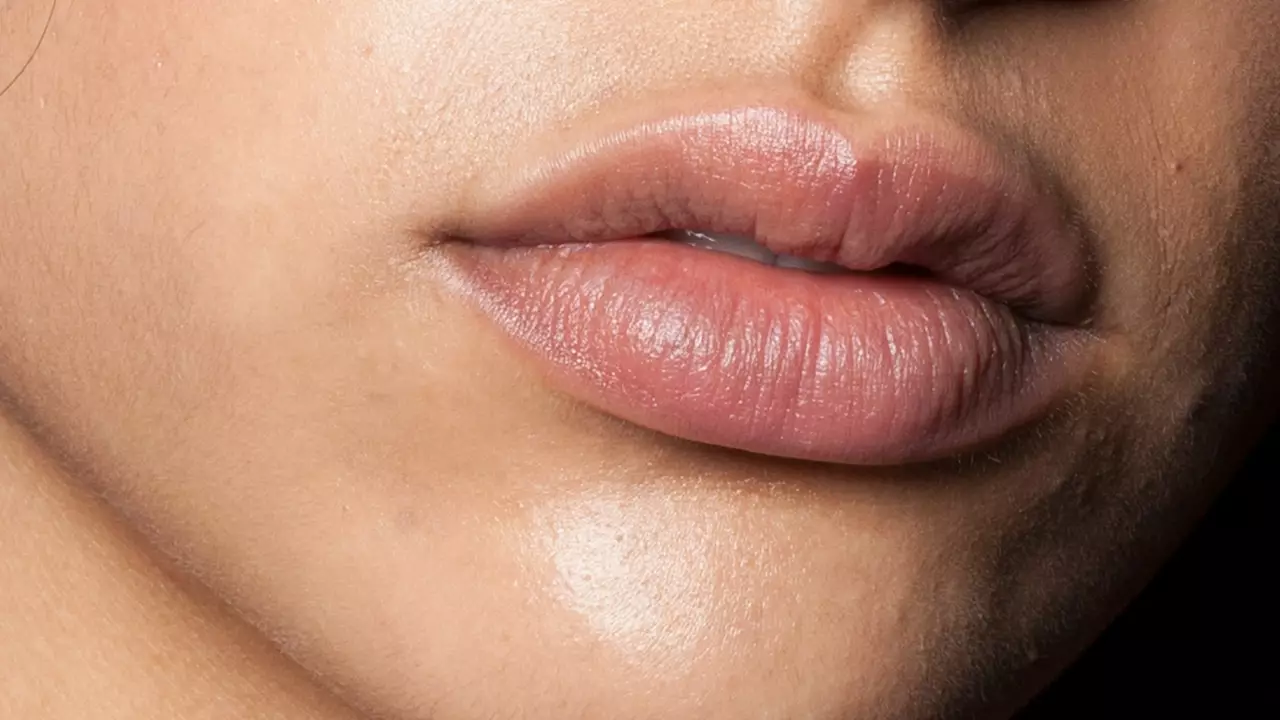Eyes: Simple, Practical Advice for Better Vision
Eye problems can pop up fast — redness, dryness, blurred vision, or sudden flashes. You don’t need medical jargon to know what to do next. This page collects easy-to-use advice on common eye issues, smart ways to use eye meds, and when to see a professional. Read on for hands-on tips you can use today.
Common symptoms and quick checks
If your eye is red but not painful and you have some discharge, it might be allergic or viral conjunctivitis. If you have eye pain, light sensitivity, or sudden vision loss, treat that as urgent and get medical help right away. A foreign body usually causes sharp, localized pain and the feeling something is stuck; don’t rub — blink, rinse with clean water, and seek help if it doesn’t clear.
Got dry, gritty eyes after screen time? Try the 20-20-20 rule: every 20 minutes look at something 20 feet away for 20 seconds. Over-the-counter lubricating drops can help; pick preservative-free drops if you use them several times a day. If symptoms last more than a week, book an eye exam.
Using eye medications and buying them safely
Eye drops and ointments work differently. Drops usually relieve dryness or deliver antibiotics; ointment lasts longer but blurs vision briefly. Read labels, keep the tip from touching your eye, and drop only the prescribed number of drops. Don’t use someone else’s leftover medication — that can cause harm.
Thinking about buying eye meds online? Choose pharmacies that show a physical address, pharmacist contact, and require a prescription for prescription-only drugs. Look for clear shipping policies and secure payment. Avoid sites offering prescription meds without a prescription; that’s a red flag. If you’re unsure, contact the pharmacy’s pharmacist or your doctor before ordering.
Supplements like omega-3s and certain vitamins can help some people with dry eye or age-related macular degeneration, but they’re not a cure-all. Talk to your doctor before starting supplements, especially if you take blood thinners or other medications.
Wear sunglasses that block 100% UV when outdoors. For contact lens wearers: follow lens care instructions, replace lenses and cases as recommended, and never sleep in lenses unless your doctor says it’s safe. If you notice redness, pain, or sudden vision changes while wearing contacts, remove them and see a clinician that day.
Regular eye exams catch glaucoma, diabetes-related changes, and early cataracts before you notice major problems. If you have diabetes, high blood pressure, or a family history of eye disease, don’t skip yearly checks.
Questions about a symptom or a medication? Reach out to a trusted pharmacist or your eye doctor. Small steps — proper drops, smart online shopping, and timely checkups — keep your eyes working well for years.

